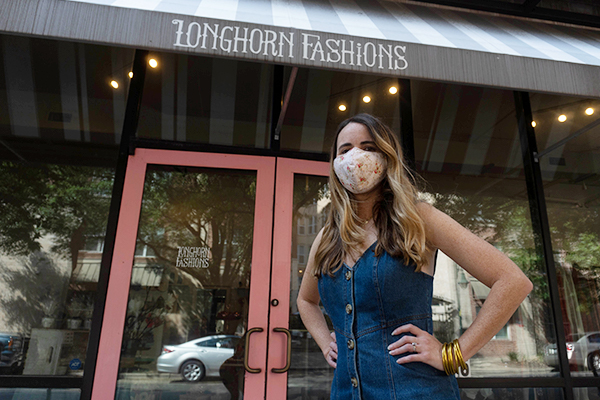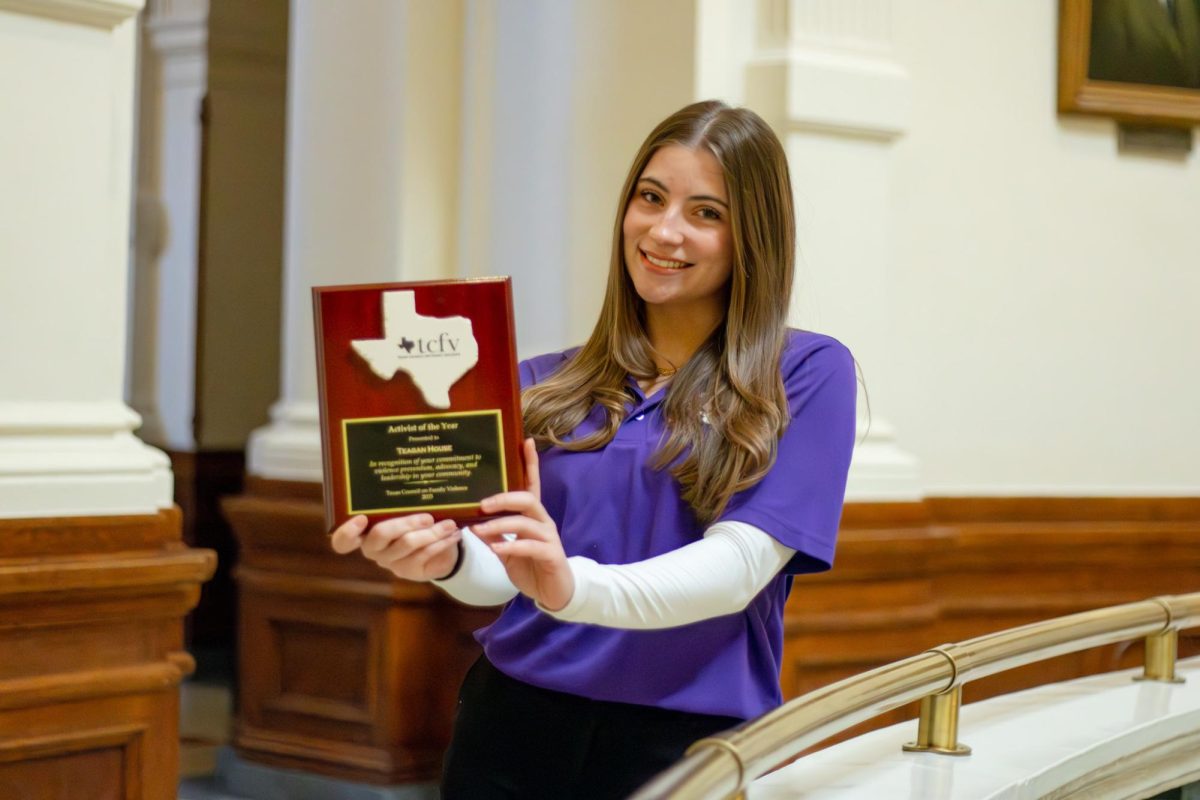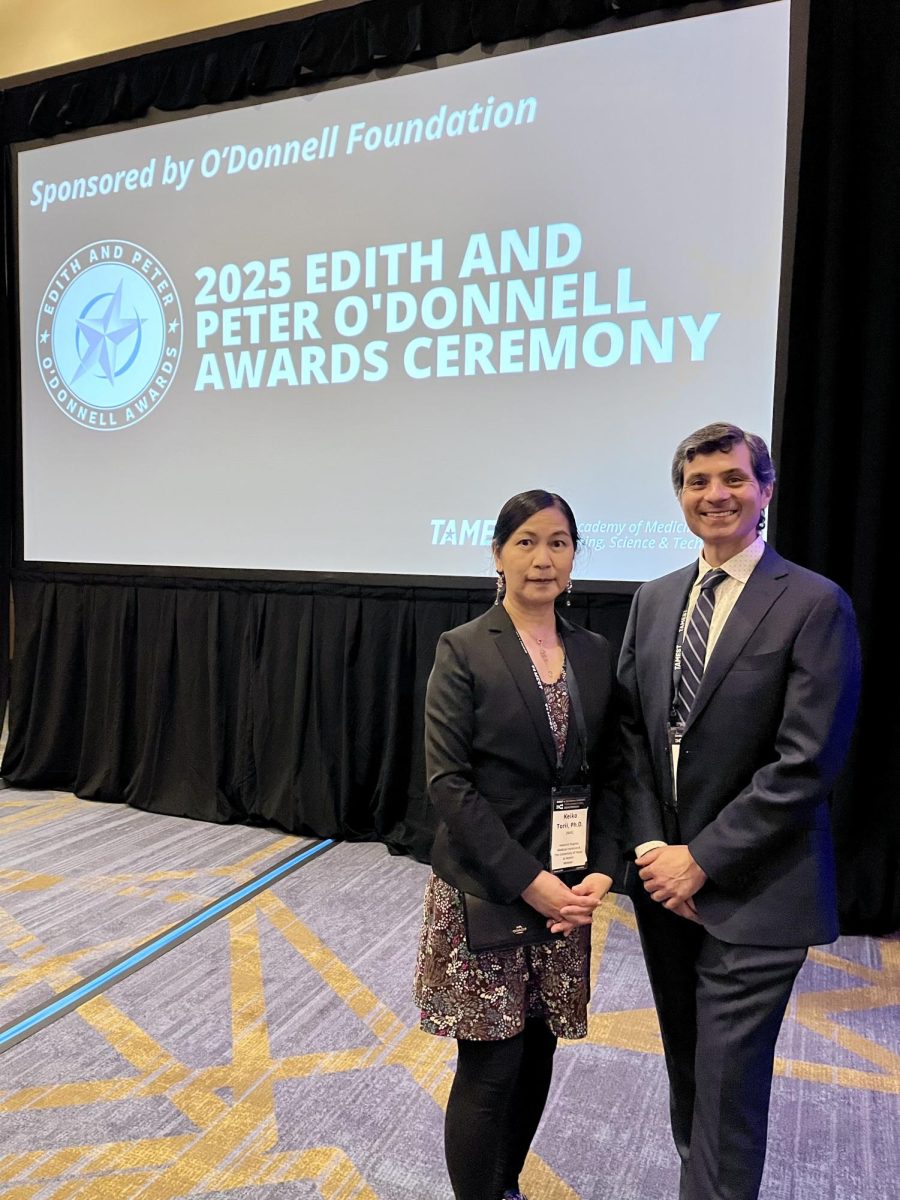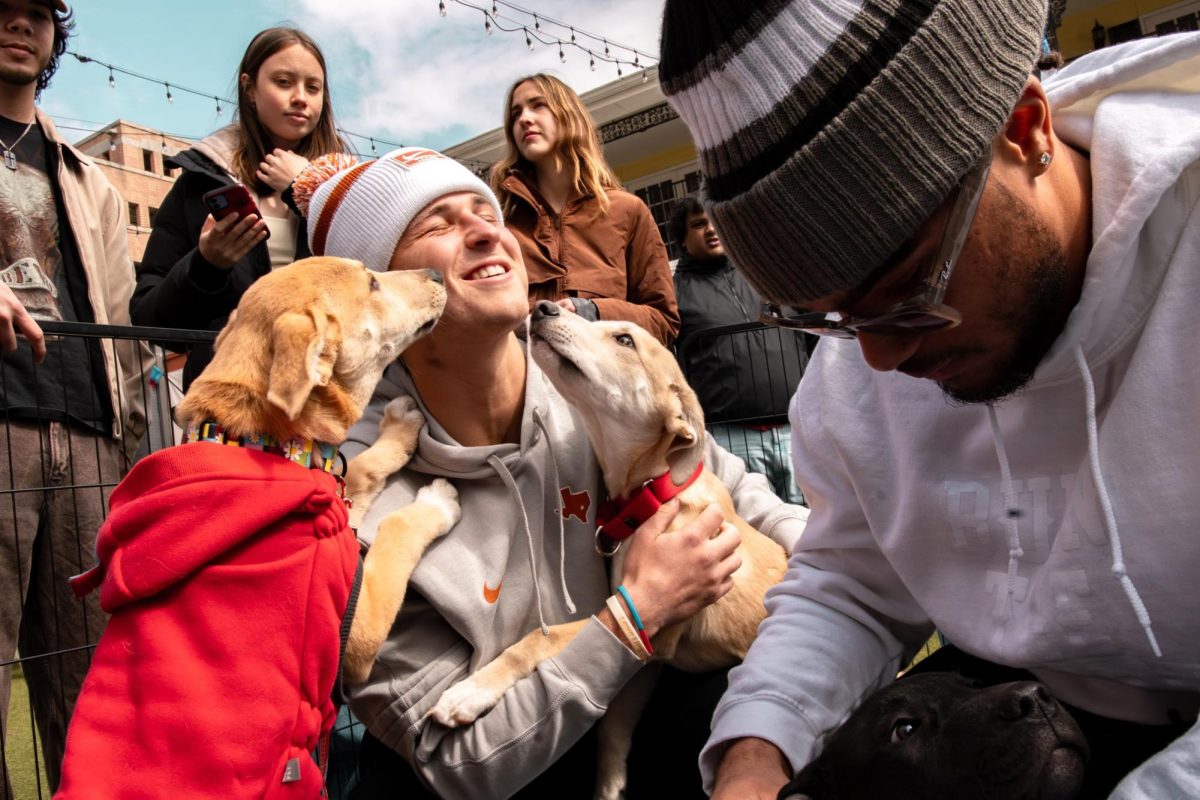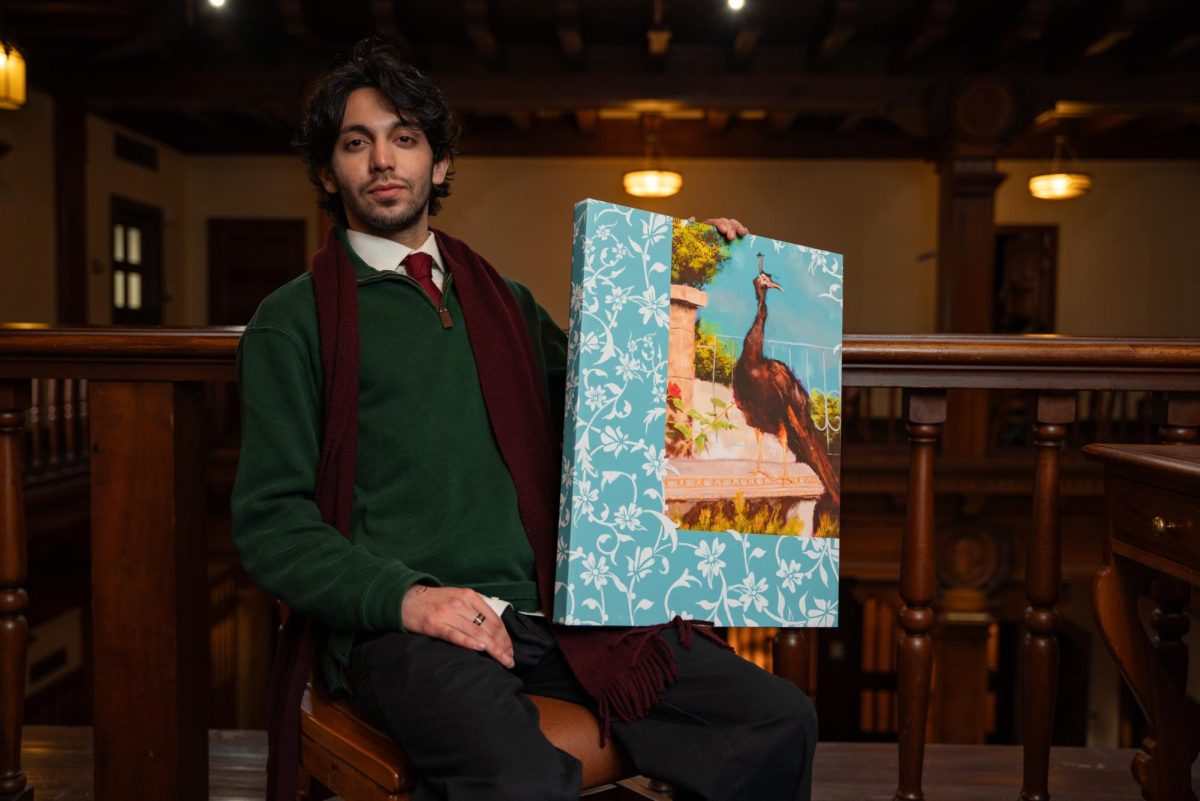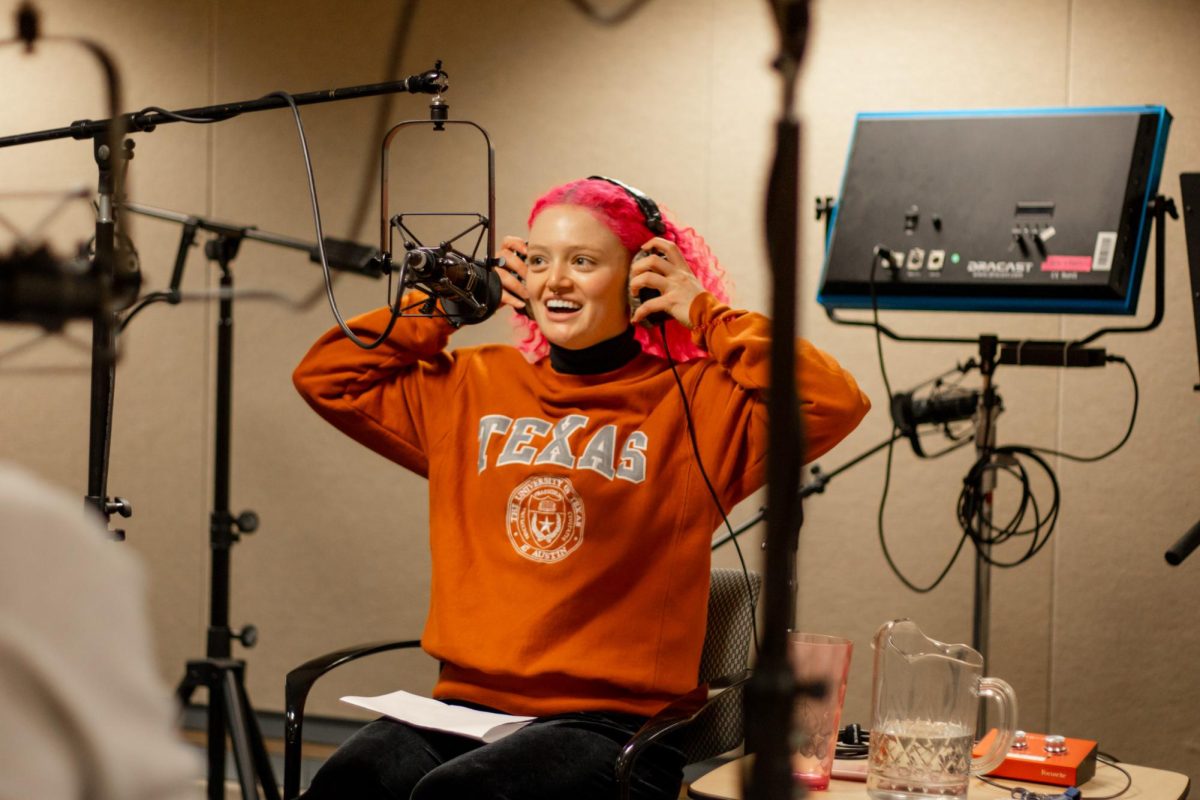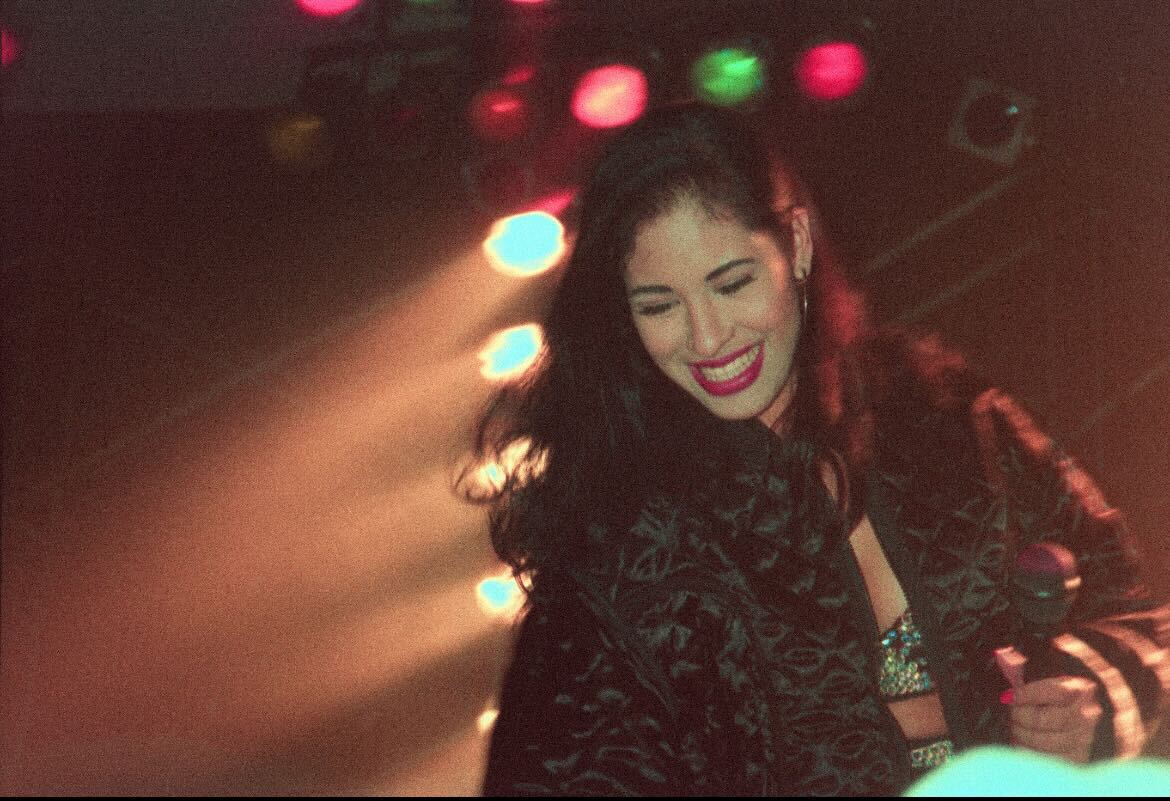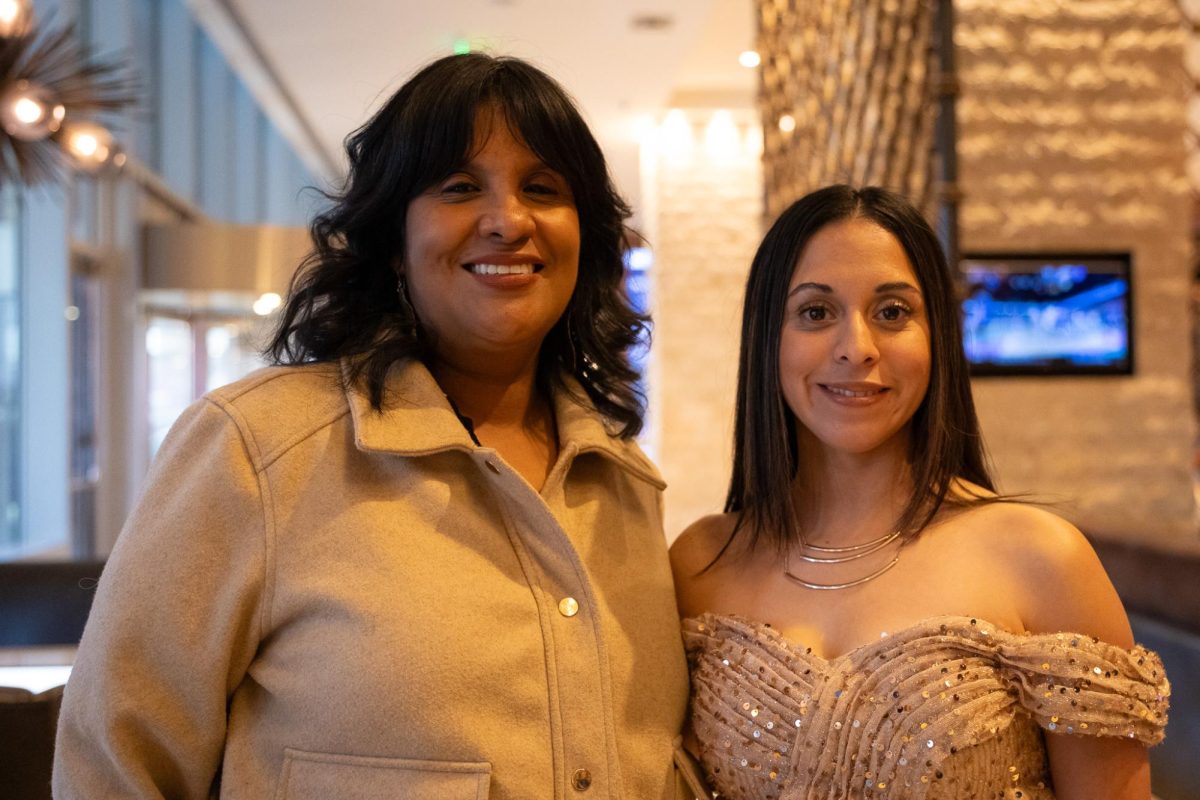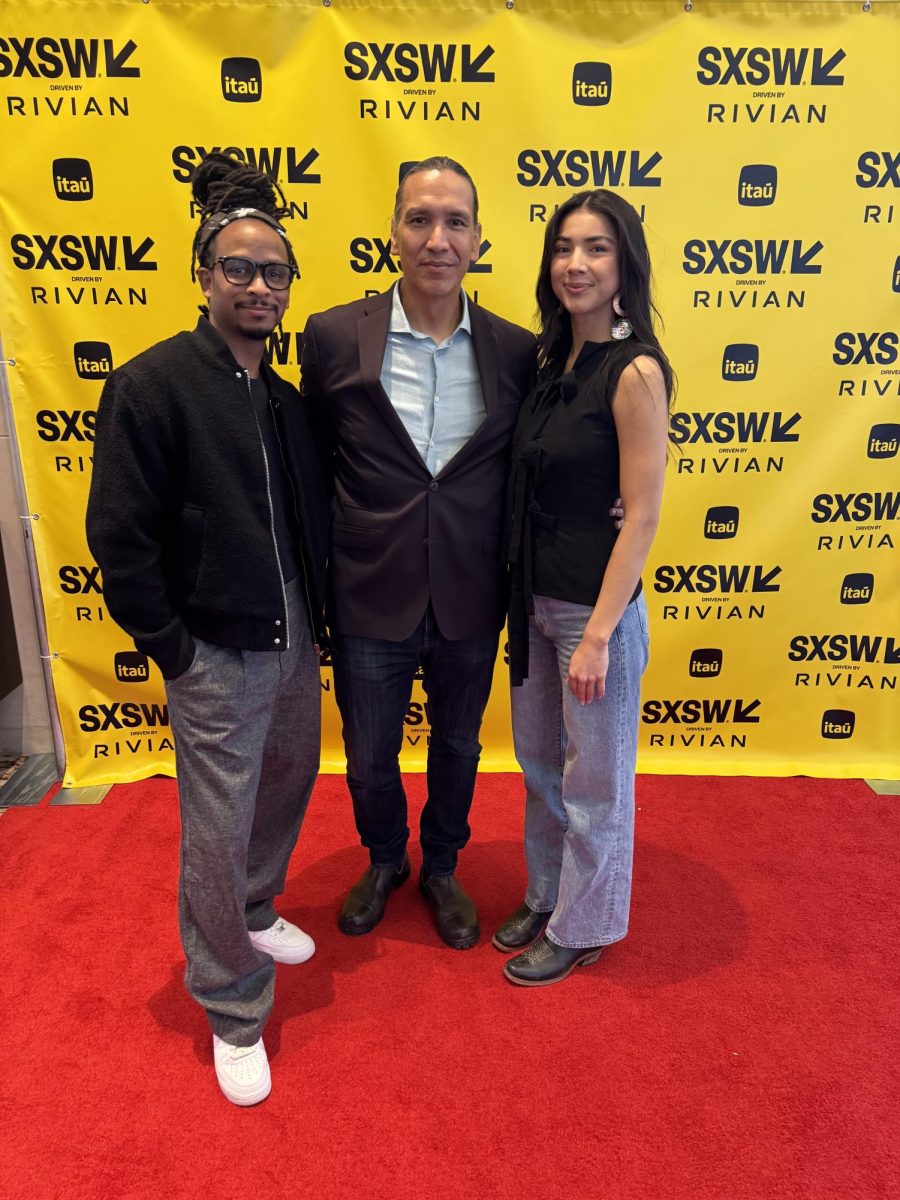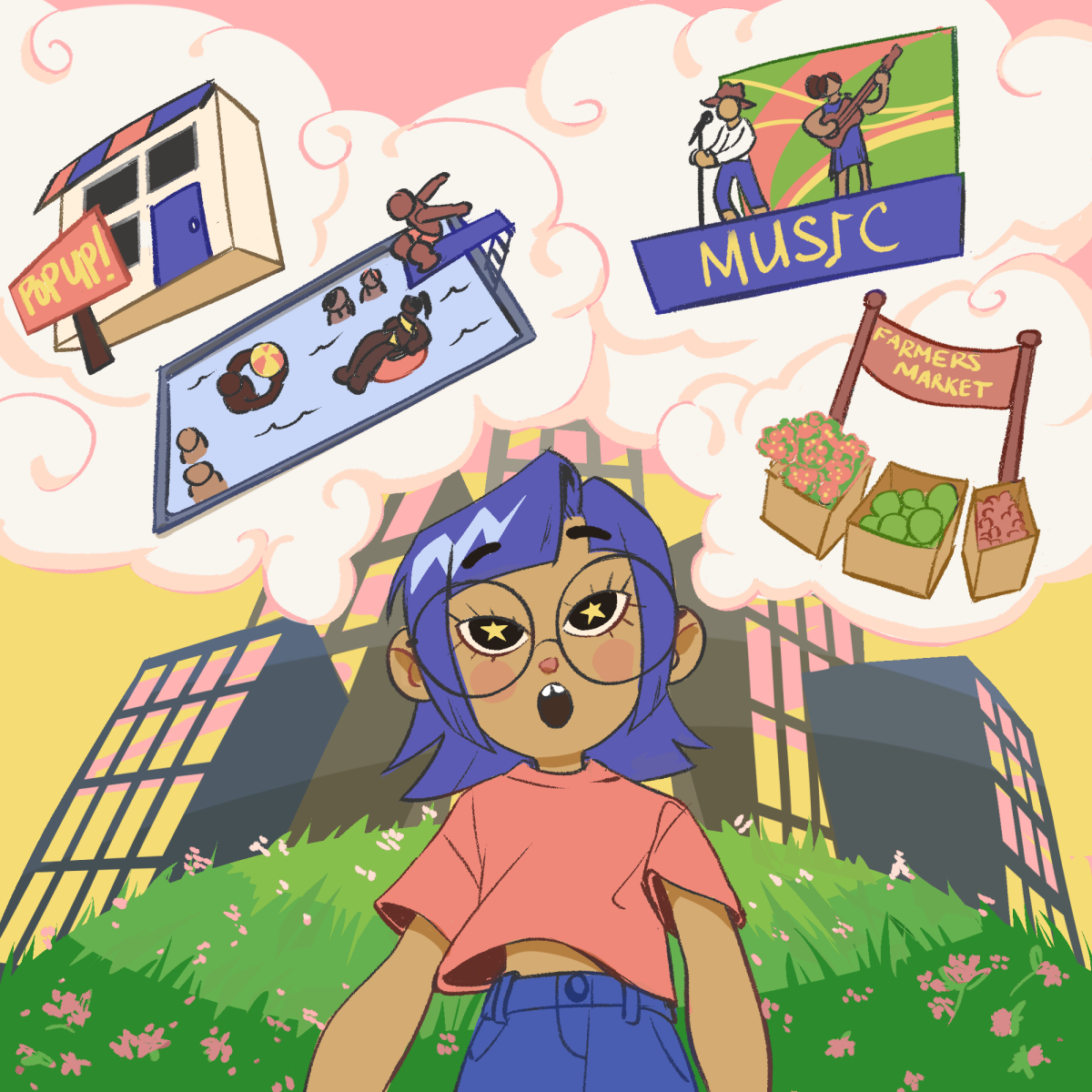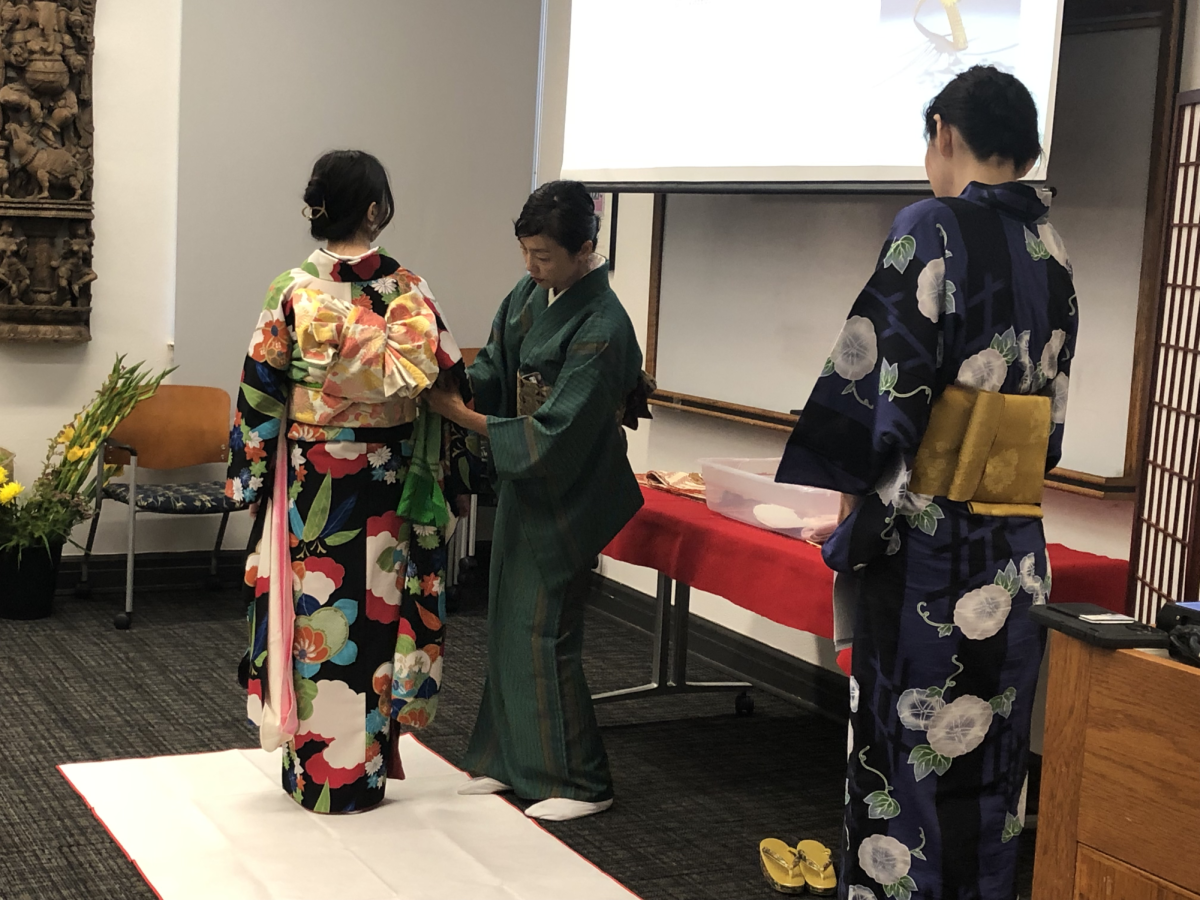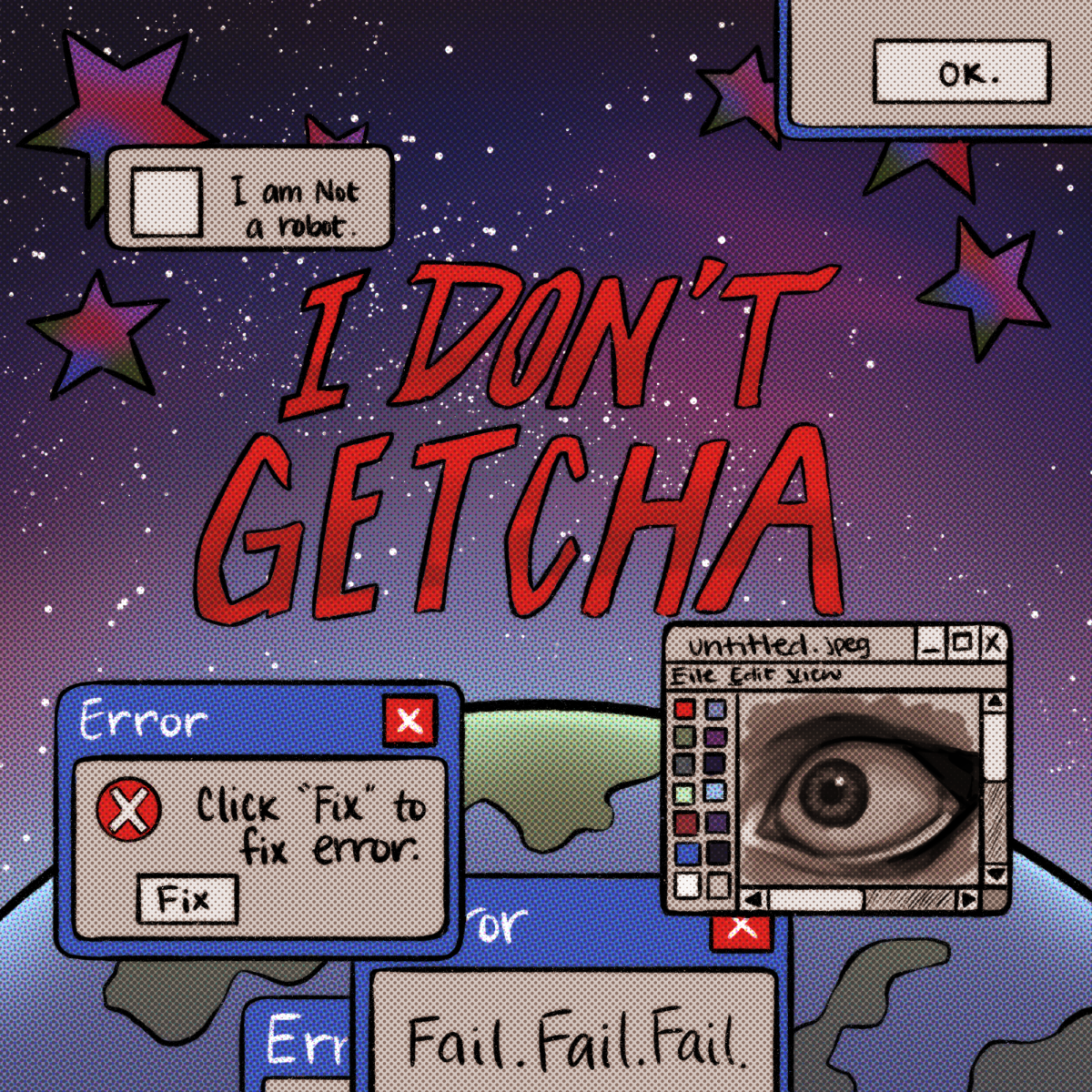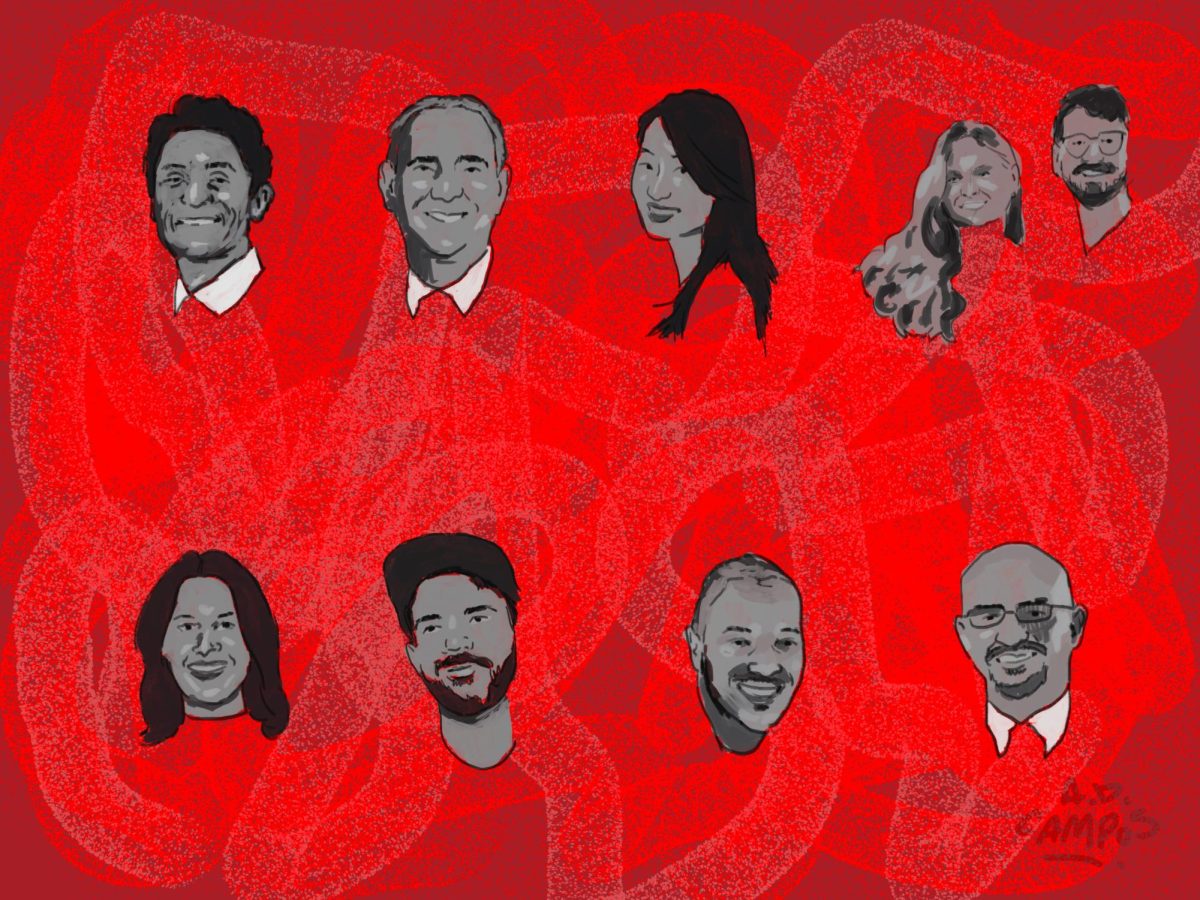The 10-year anniversary of Longhorn Fashions, a women’s clothing boutique in West Campus, was supposed to be a month-long celebration in April, with weekend sales and special events. Instead, owner Tessie Crow celebrated quietly at home with her newborn and toddler.
After COVID-19 shutdowns, local clothing boutiques that rely on student foot traffic, such as Longhorn Fashions and Miss Behavin, were forced to adapt. Some began to close changing rooms, require masks and move to online retail. Despite these abrupt shifts, West Campus clothing stores hope they’ll be able to keep their doors open.
Asha Gorjala is a fashion merchandising sophomore with an outfit inspiration Instagram account. For her, the COVID-19 pandemic presented new challenges for growing her page. Gorjala said she created the account in May, and there simply wasn’t enough content for her to post.
“It was harder for me to support local businesses since most of the time their online presence isn’t as prevalent as their in-store (presence),” Asha said.
Asha used curbside pickup to support her favorite local boutique in her hometown of Atlanta but still had trouble growing her page.
“Normally, I might have taken people shopping with me and tried things on in dressing rooms, but obviously I was limited, and I couldn’t do that,” Asha said.
To support local businesses, she built her brand and wardrobe by shopping online and setting up appointments to shop in person.
Crow said she was grateful Longhorn Fashions already had a website, but she adjusted the inventory to better fit current customer needs. The boutique began advertising custom masks and care packages instead of summer rompers and dresses.
Julia Rubino, a sales associate at Miss Behavin on Guadalupe Street, said the boutique relies on students for sales. After the campus shut down in March, she said the store began relying on their website and Instagram instead.
“We’ll post stuff on the Instagram, and then someone can DM us, and we’ll pull it from the store,” Rubino said. “That definitely has helped us a lot.”
Still, sales are only about a third of prepandemic levels, Rubino said. The store held a 70% sale to clear out old merchandise earlier this summer and make room for masks and new apparel.
Miss Behavin is now open to in-person shoppers but requires customers to wear masks while they shop. There are hand sanitizer stations located throughout the store, and the business encourages shoppers to only touch what they will buy.
Longhorn Fashions reopened for in-store shopping in early August after doing only curbside pickup for most of the summer.
Asha said she thinks the shift to online shopping and curbside pickup has changed the ways the fashion industry reaches customers .
“Maybe this will make us reevaluate how our industry works,” Asha said. “I hope this will give us a sustainable future.”

